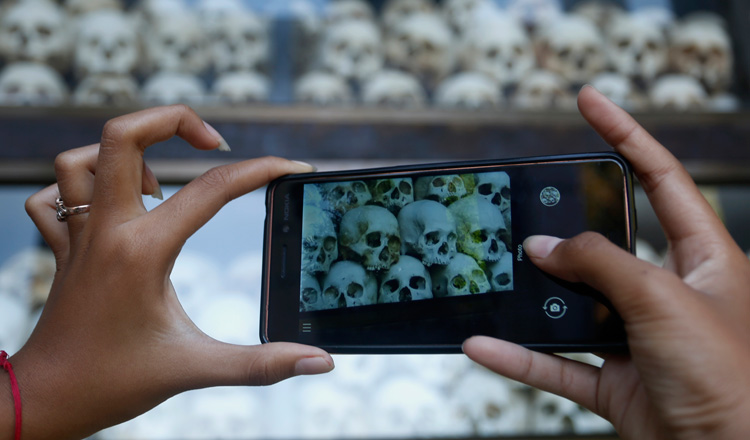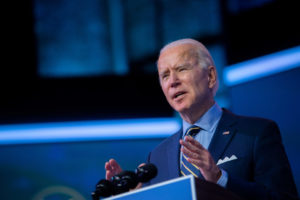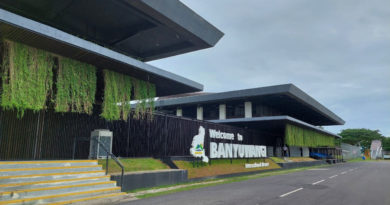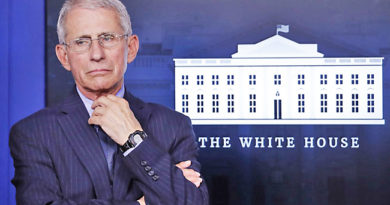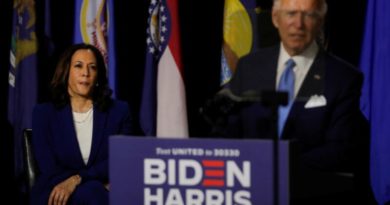DEMOCRACY: PHONM PENH- Prime Minister Hun Sen criticises some ‘democratic countries’ for lack of regret over Khmer Rouge support
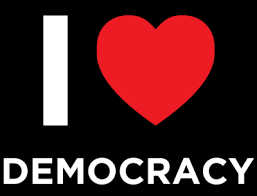
Prime Minister Hun Sen yesterday blasted some “democratic countries” for their lack of regret over their support of the Khmer Rouge genocide, after it was overthrown four decades ago.
With the support of Vietnamese troops, Phnom Penh was liberated on January 7, 1979. The retaking of the capital saw the Khmer Rouge leadership fleeing to the west along the Thai border as they continued to resist arrest against the forces of the then-leader of the resistance movement Heng Samrin and Vietnamese troops.
However, the Democratic Kampuchea regime still held Cambodia’s seat at the United Nation’s General Assembly and it was recognised as the only legitimate Cambodian government until the 1990s. They even received support and military assistance from the United States and some western and Asean countries.
Speaking while he presided over the groundbreaking ceremony for the Bakheng Water Treatment Plant and the inauguration ceremony of Chamkar Mon Water Treatment Plant in Phnom Penh yesterday, Mr Hun Sen said some “democratic countries” who supported the Khmer Rouge do not regret what they did in the past.
“How miserable we were, as some countries supported the Khmer Rouge regime at the United Nations,” he said, calling economic sanctions from the west “punishment against the poor”.
“We are victims of genocide but are still punished by democratic countries. They also supported Lon Nol’s military coup to overthrow then-Prince Norodom Sihanouk from power,” he added.
Prince Sihanouk was removed as “head of state” during a coup led by Marshal Lon Nol and his allies on March 18, 1970, when he was on an official visit to Moscow in the Soviet Union to meet communist leaders.
Mr Hun Sen did not mention any of the “democratic countries” that supported the 1970 coup by name, but he previously blamed the US for the incident. In a public speech in 2019, Mr Hun Sen also accused the US of supporting Pol Pot’s regime at the UN and levelling sanctions against the Vietnamese-backed People’s Republic of Kampuchea government after the fall of the Khmer Rouge in the 1980s.
“Later, they also supported the Khmer Rouge at the UN to harm us again, but fortunately they later provided assistance to the Khmer Rouge tribunal,” Mr Hun Sen said yesterday. “They have never expressed any remorse for past wrongdoing. Sadly, the history of Cambodia is like this.”
Kin Phea, director-general at the Royal Academy of Cambodia’s International Relations Institute, said yesterday that it is “very painful” for Cambodian people to be reminded of the Khmer Rouge genocide.
“While we were in this dark and hard time, no country talked about our rights, especially the right to life. After we were liberated, so many countries pretended to care about us,” he said. “However, we appreciated their care, support and help even though it was too late. We still need all like-minded countries to help build and develop our countries.”
Phea said what Cambodia regrets is that the countries who supported Khmer Rouge have never expressed their regret or said sorry to Cambodian people for their past mistakes.
“Not only democratic countries but also socialist ones who supported the Khmer Rouge. They including the US, some western countries and China,” he said. “They had supported the Khmer Rouge until the Paris Peace Agreements were signed. It’s a past bitter lesson. Those countries should compensate Cambodia and the Cambodian people for their mistaken political move in the past.”
The National Assembly voted to remove Prince Sihanouk from power in 1970, forcing him to live in exile in Beijing. Marshal Lon Nol then took over and renamed the country the Khmer Republic.
Chhang Song, the last Information Minister under Marshal Nol’s regime, previously told Khmer Times that the ousting of Prince Sihanouk was a legislative decision.
“When the coup came, it was not a coup per se,” Song said. “Legally, it was decided by the National Assembly.”
However, the US Embassy in 2019 denied that the US was ever involved in a coup in Cambodia and accused China of supporting Pol Pot’s brutal Khmer Rouge regime.
The statement drew a response from the Chinese Embassy in Phnom Penh which accused the US Central Intelligence Agency of being involved in the ousting of Prince Sihanouk.
“Recently, [the US embassy] said publicly the US was not involved in the coup led by Lon Nol in the 1970s,” it said. “In fact, the coup that plunged Cambodia into years of war [did not involve] the US, but it was the CIA.”
In related news, Mr Hun Sen yesterday said that the Kingdom is monitoring the current political situation in Myanmar closely.
According to wire reports, Myanmar’s military yesterday seized power in a coup against the elected government of Aung San Suu Kyi, who was detained along with President Win Myint and other leaders of her National League for Democracy (NLD) party in raids early in the morning.
Despite the incident receiving condemnation from Australia, the UK, the European Union, India, Japan, Malaysia, Singapore and the US, Mr Hun Sen said Cambodia as an Asean member will not make any comment on it, saying it is Myanmar’s internal issue.
“As something is happening in [Myanmar], the president and state counsellor [Suu Kyi] was arrested by military forces, but we will not make any commentary on this,” he added.
.


.
Ads by: Memento Maxima Digital Marketing
@[email protected]
SPACE RESERVE FOR ADVERTISEMENT

